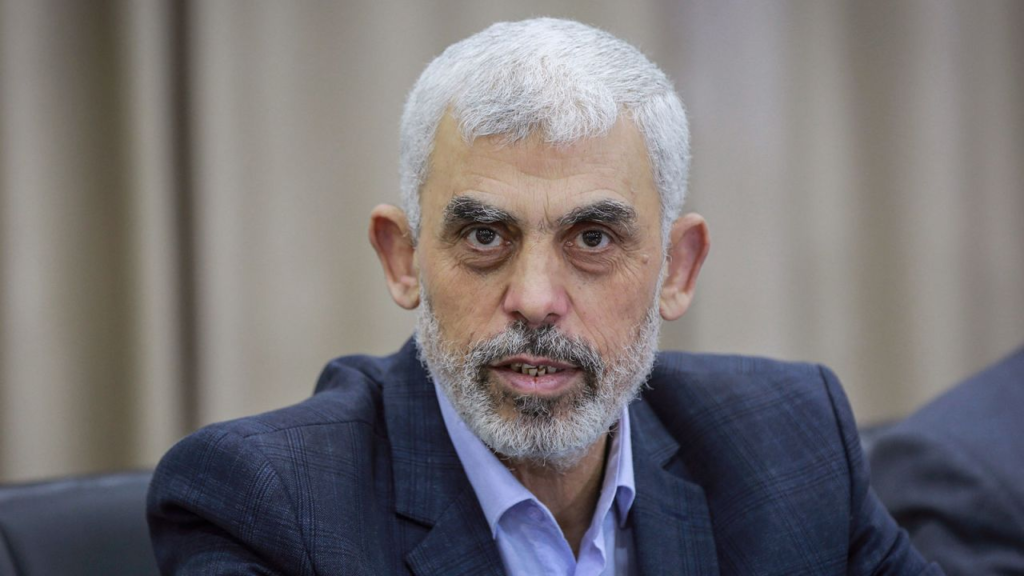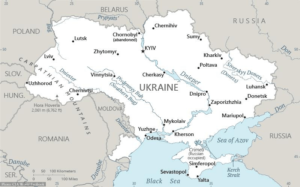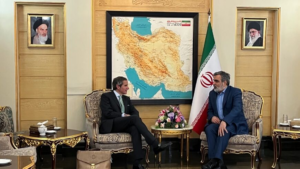The Death of Yahya Sinwar: Implications for the Israeli-Palestinian Conflict
The recent confirmation of Yahya Sinwar’s death by Israeli forces marks a significant development in the ongoing Israeli-Palestinian conflict. Sinwar, the leader of Hamas, was a pivotal figure in the militant group’s operations and strategies. His death is not just a tactical victory for Israel but also a moment that could reshape the dynamics of the conflict in the region.

Background and Significance
Yahya Sinwar, a long-time member of Hamas, rose to prominence due to his strategic acumen and leadership within the organization. He was instrumental in orchestrating the October 7, 2023, attacks on Israel, which resulted in significant casualties and escalated the conflict. Sinwar’s leadership style was marked by his ruthless approach towards both internal and external adversaries, making him a feared and respected figure within Hamas.
Immediate Implications
- Leadership Vacuum in Hamas: Sinwar’s death leaves a significant void in the leadership of Hamas. While there are potential successors, such as Khaled Meshaal, the transition of power may not be smooth. This could lead to internal strife within the organization, weakening its operational capabilities in the short term.
- Impact on Hamas Operations: The loss of Sinwar, who was deeply involved in the strategic planning and execution of attacks, could disrupt Hamas’s operational effectiveness. This might provide Israel with a temporary respite from coordinated assaults, allowing it to strengthen its defenses and strategize further actions.
- Psychological and Moral Impact: For Israel, Sinwar’s death is a significant morale booster. It serves as a testament to the effectiveness of its military operations and intelligence capabilities. Conversely, for Hamas and its supporters, Sinwar’s death could either demoralize the group or galvanize it further, depending on how the narrative is shaped by its remaining leaders.
Long-term Consequences
- Potential for Escalation: The assassination of a high-profile leader like Sinwar could lead to an escalation in violence. Hamas may seek to retaliate, leading to a cycle of violence that could further destabilize the region.
- Shift in Regional Dynamics: Sinwar’s death could alter the dynamics between Israel and other regional players, including Iran and the United States. It might open up new avenues for diplomatic engagement or, conversely, lead to increased tensions depending on the subsequent actions of Hamas and Israel.
- Humanitarian Impact: The ongoing conflict has already resulted in significant humanitarian crises, with thousands of casualties and widespread displacement. The death of Sinwar, while a tactical victory, does not address the underlying issues driving the conflict. Continued violence will likely exacerbate the humanitarian situation, calling for urgent international intervention and support.
The death of Yahya Sinwar is a pivotal moment in the Israeli-Palestinian conflict. While it presents an opportunity for Israel to claim a significant victory, it also poses challenges and uncertainties for the future. The immediate impact on Hamas’s leadership and operations could provide a temporary advantage to Israel, but the long-term consequences remain uncertain. The potential for escalation, shifts in regional dynamics, and the ongoing humanitarian crisis underscore the complexity of the conflict and the need for a comprehensive and sustained effort towards peace and stability in the region.










